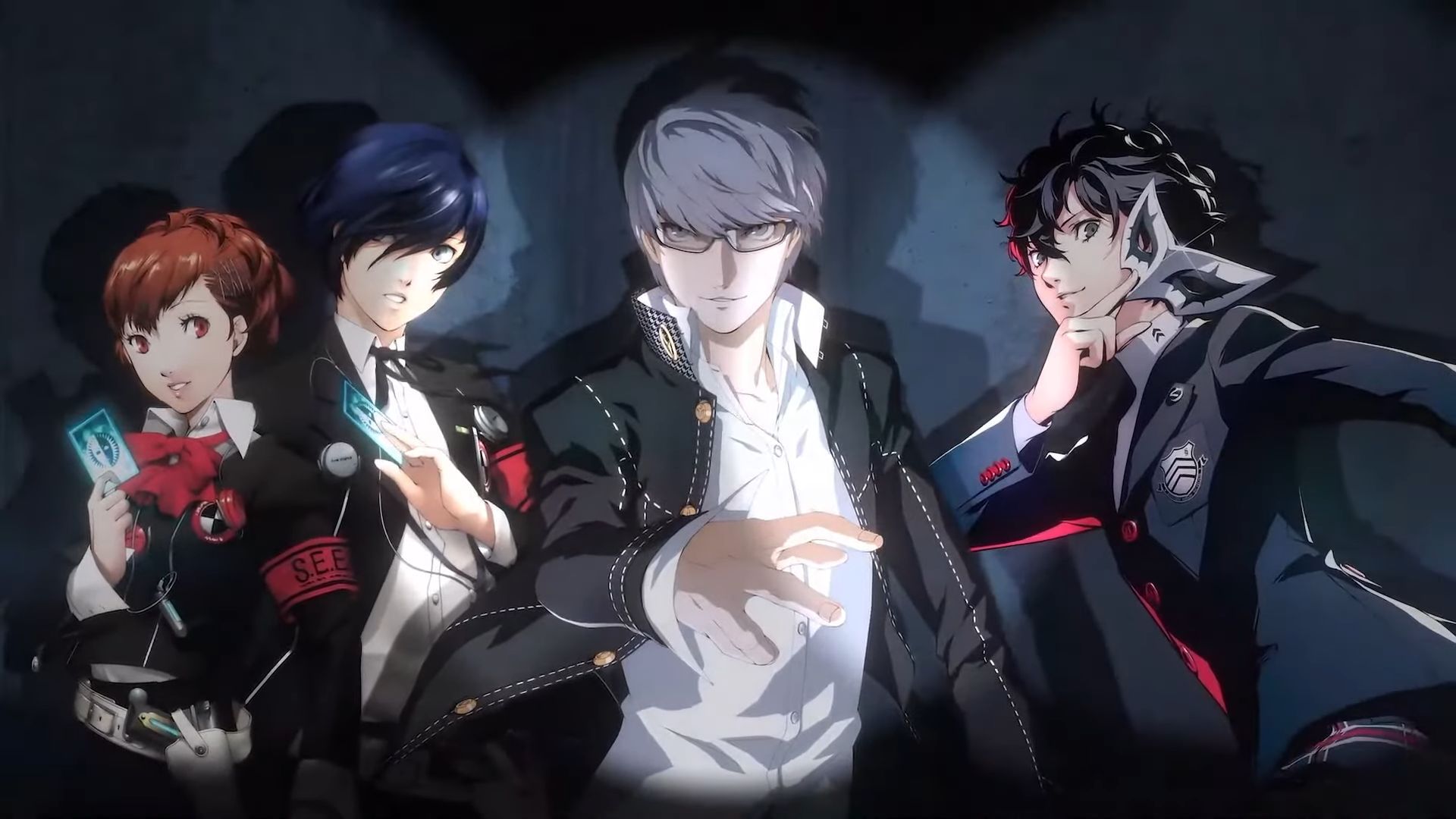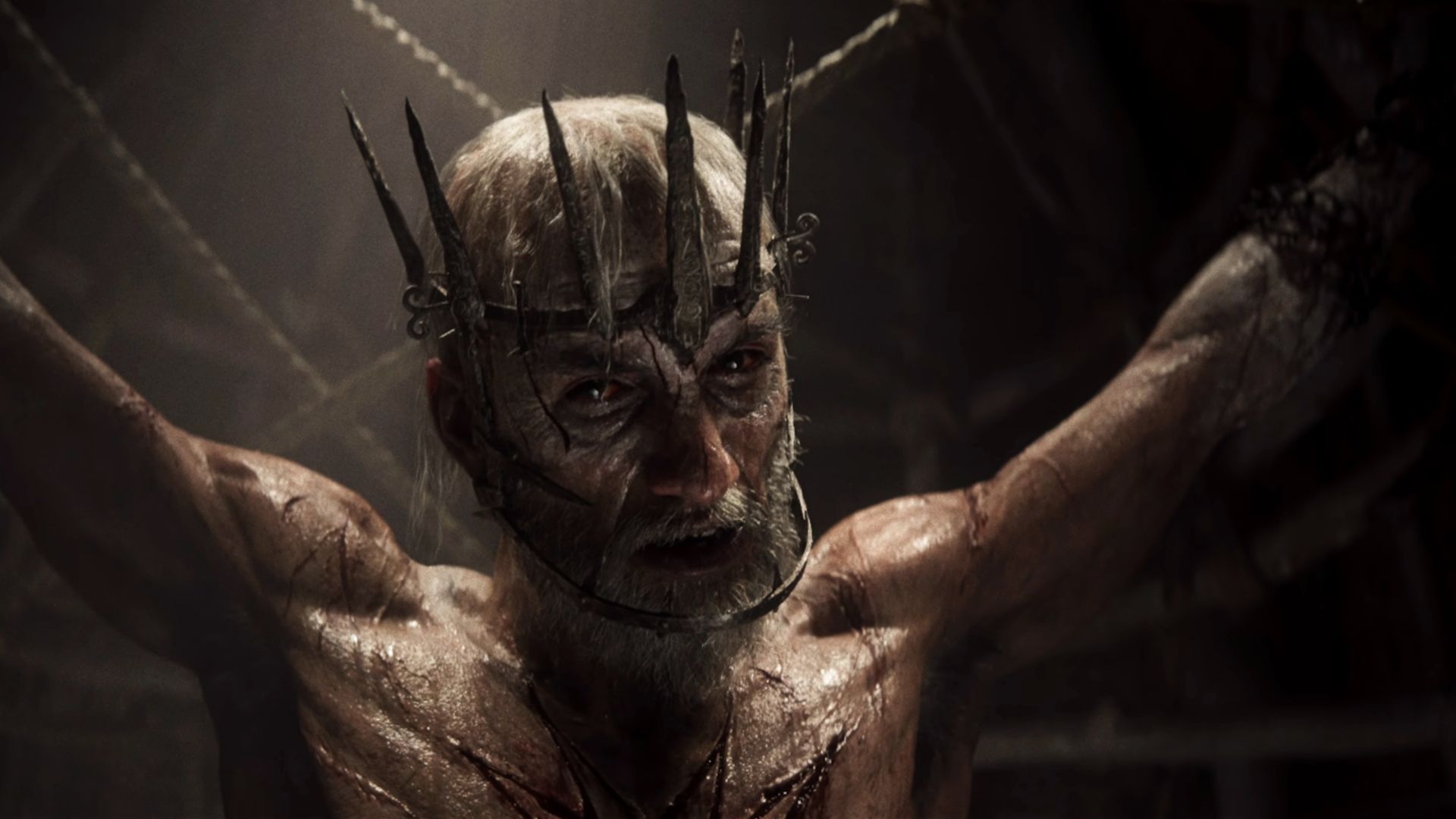
Every shelf and desk at Mohawk Games’ Baltimore office contains a hand-selected boardgame collection. Each collection says something about the owner of that particular work station: who likes laid-back party games, who wants to sow distrust and dissent, and who wants to re-fight the great battles of old wars.
Soren Johnson pointed to those board games to explain why his first game as his own boss is the commodities-trading RTS Offworld Trading Company.
“If you look at the strategy game space, and you look at the top 50 games on Metacritic and compare them to the top 50 games on BoardGameGeek? The variety you’ll see on BoardGameGeek just dwarfs what you see in the PC space,” he said. “There’s no comparison. So that’s what I’m trying to do. I’m trying to do something that isn’t out there.”
It took a while for me to know if he and his team succeeded, because Offworld Trading Company is so different from most other games that I’ve played. On the day I visited with a group of other writers, it took a few games for anyone to start feeling comfortable with what they were doing, despite lots of helpful (and sometimes insistent) backseat advice from the developers watching us play.
Offworld creeps up on you, though. After our multiplayer session was over, and the interviews began, a bunch of us kept playing. Once we’d figured out how to play, we were eager to take the gloves off. No tips from the developers. No more clueless openings. Just ruthless market manipulation and managerial efficiency.
If that sound like a fast-paced Series 7 exam, the reality is a lot more enjoyable. Offworld Trading Company is set during a Martian land-rush, as corporations claim land and resource-production hexes in order to establish a business that can both service the needs of the “offworld market” (asteroid mining bases throughout the solar system) and the local Martian economy.
Now, here’s the catch: all the players and the local, AI-controlled colony city share the same commodities market. So if one good, let’s say food, is soaring in price and all the all the players rush to jump aboard the bandwagon, the price will plummet as the shortage turns into a glutted market.

The goal in OTC is to make sure you bring the most expensive goods to market when the price is high, before other players can make the same play. Since each player’s colony and factories require basic inputs however, focusing on valuable finished-goods like electronics and glass means that you might end up running short of water, food, and power. If that happens, you have to pay whatever those goods cost on the open market, where sometimes a little hydrogen and oxygen are the scarcest commodities in the universe.
This all contributes to a persistent sense of paranoia during a game. While you can always look around the map to see what your rivals are building and doing, you never really know what people might have stockpiled, or when they might start flooding a market. If someone who mines most of the iron on Mars notices that you’re building steel mills, they might stop selling that iron in order to force you to buy it at an increasingly ruinous price. Alternately, if you’re watching the price soar past $500 per unit of electronics, and you’re sitting on 400 units, you’re about to make a killing, but if you wait too long to make your sale, someone else could dump their electronics and kill that price spike before you ever get a chance to capitalize on it.
In the laissez-faire, cutthroat markets of Mars, you also have to keep an eye peeled for underhanded dealings.
All that tension comes from the above-board, free-market part of the game. But in the laissez-faire, cutthroat markets of Mars, you also have to keep an eye peeled for underhanded dealings. Every few minutes, a black market opens where you can buy harmless bonuses like extra claims or productivity boosts, or labor agitators who can temporarily seize control of a production site on your behalf, or a wildfire power surge that will knock out an entire colony’s production centers.
This can all make OTC an emotional wringer, especially because you can usually see when your opponents are doing well: their stock price goes up, making it harder to knock them out of the game with an ownership buyout, and you can also see the amount of stock they own in other players’ companies. When you’re at risk of being bought-out, you can see what percentage of the buy-out price an opponent currently has in cash-on-hand. A bad CEO will die a thousand deaths before finally getting the axe (represented in the form of a terse “thanks for your services” note from the board, along with a golden-parachute).

Despite that, OTC left me eager for more rather than wiped-out after each game. Part of that is down to the length: a game of Offworld Trading Company is a 20-30 minute sprint to wealth and power. In general, you can’t be rushed-to-death at the start the way that’s an ever-present threat in traditional RTS games, and neither do you linger for long in a losing game. It was very easy to go on a run of 4-5 games in a row, because a loss always left me feeling like I knew how to do better, and a victory left me feeling energized.
It helps that, unlike in most RTS games, you still have a lot of things you can do when a game of OTC isn’t going well. In a typical RTS, once you’ve lost an army and fall behind on expansions, you’re acutely aware of how hopeless thing are. In Offworld, it’s easy to feel like you’re still making progress even when the game is going against you. Maybe you’re not going to win, but there’s a certain satisfaction that comes from sorting out your raw-materials situation and building a profitable business. It’s a very different feeling from trying to claw back into an RTS game using a doomed army of tier-1 cannon fodder. When you’re losing, you can retreat into a solitaire management game while waiting for a better player to come and buy you out.
Offworld will have a short single-player campaign designed for repeated play, and it sounds like it will be a place to try OTC with training wheels while also experiencing unusual and asymmetric scenarios you won’t find in skirmishes. But it will only really succeed in its ambitions if it can be that real-time board game that Johnson intends. It’s closest kin aren’t games like Railroad Tycoon or Patrician, but board games like Catan and Power Grid. As soon as you finish on game, OTC is ready set up the board again for one more game.
Offworld Trading Company is being developed in Steam Early Access.


